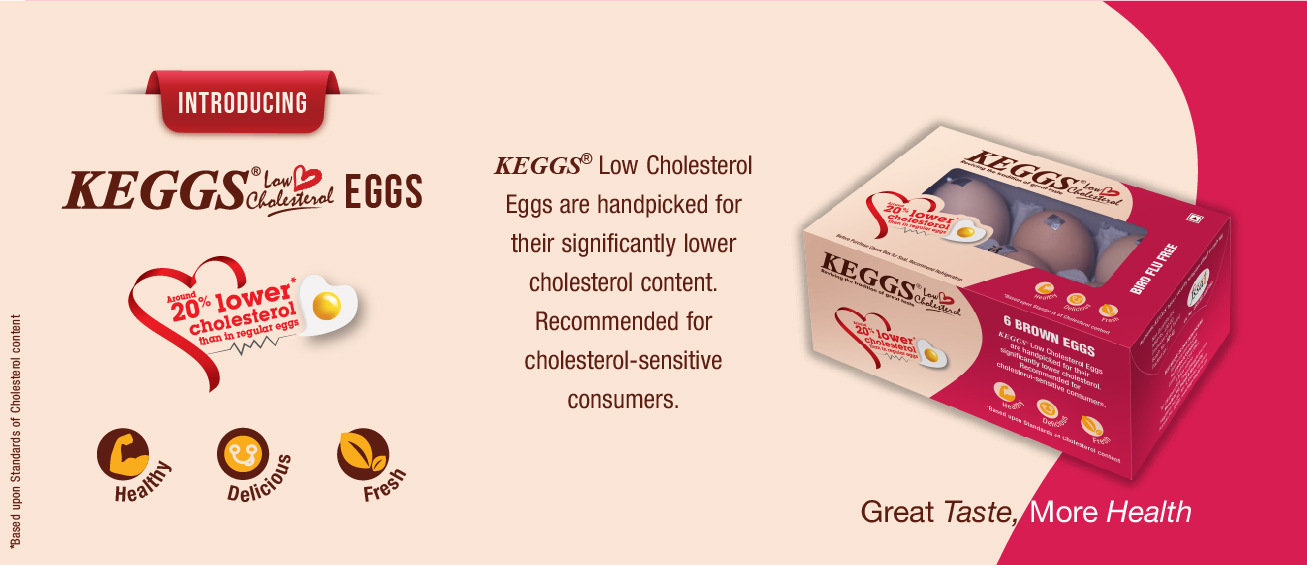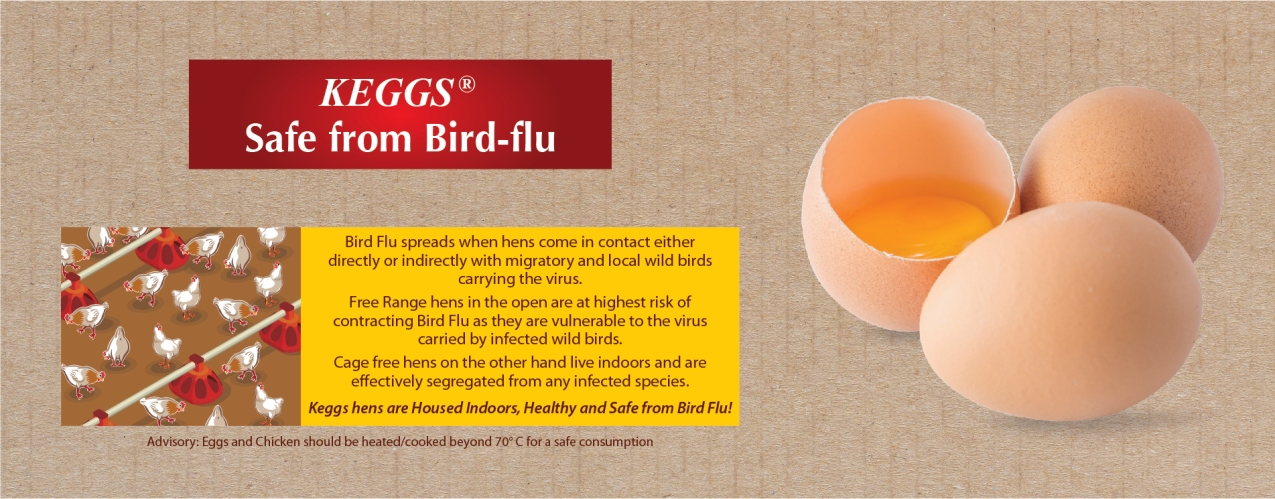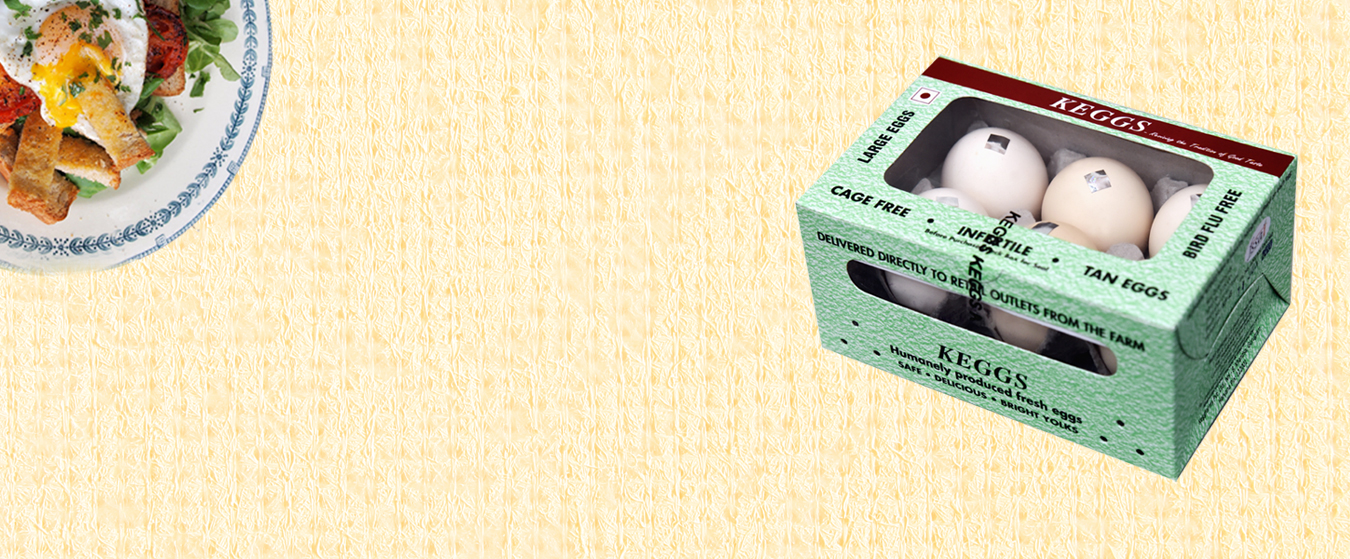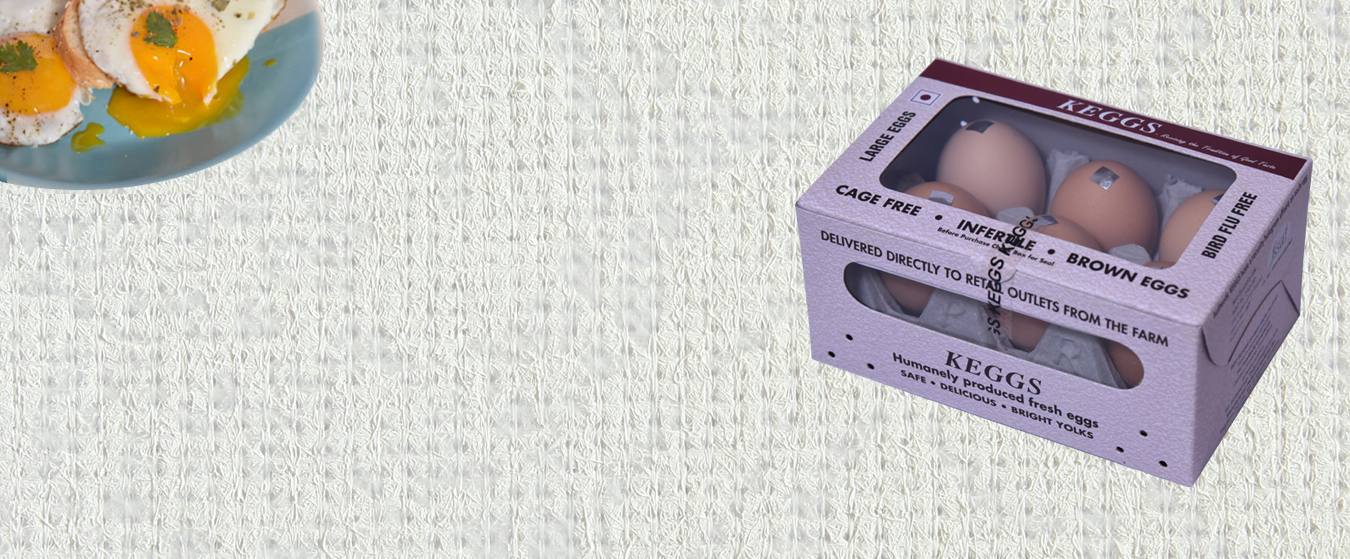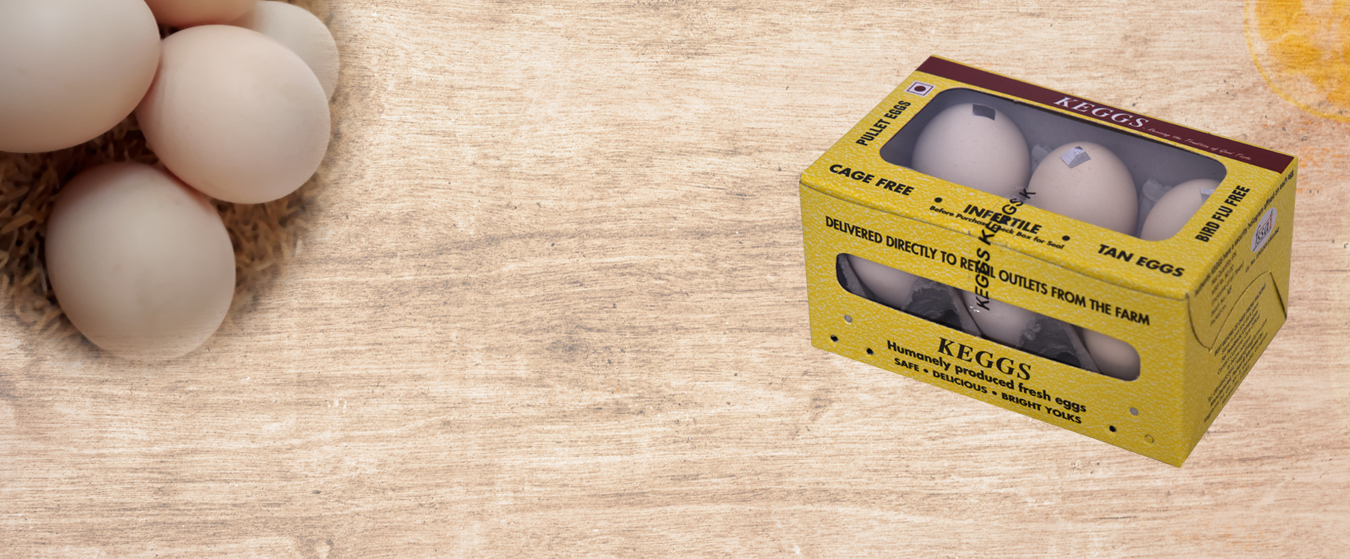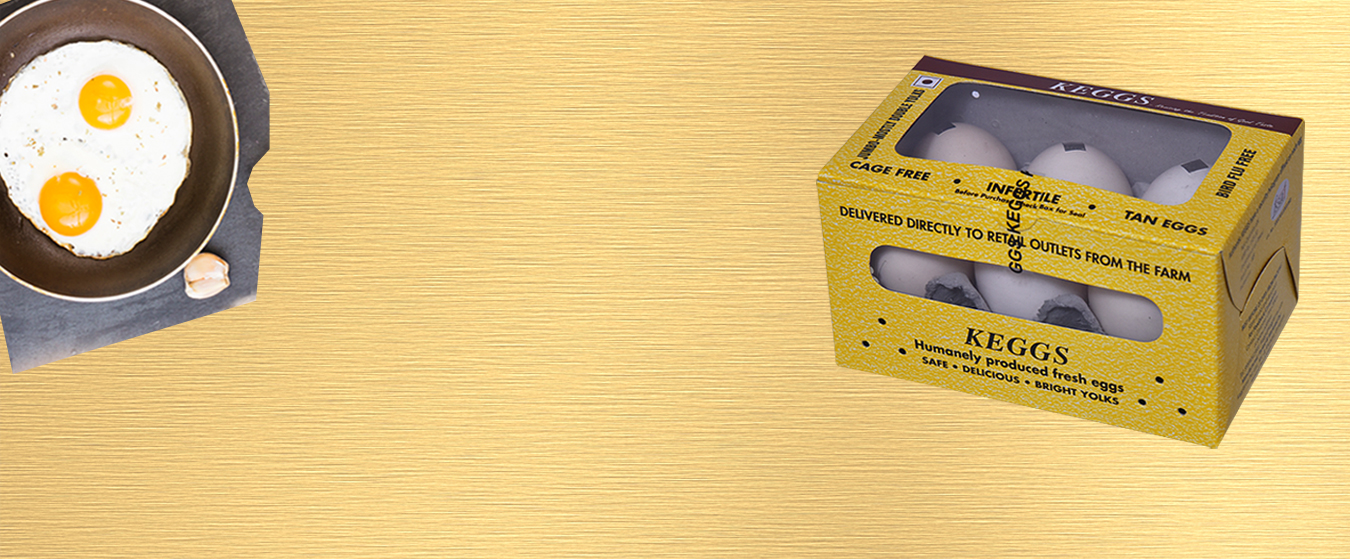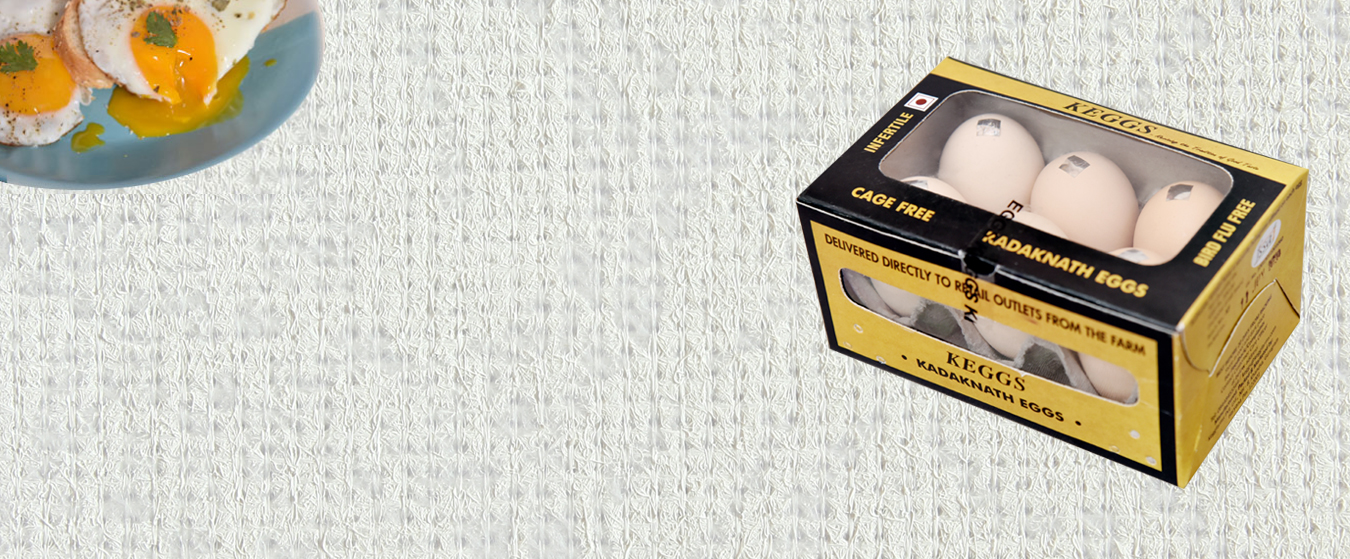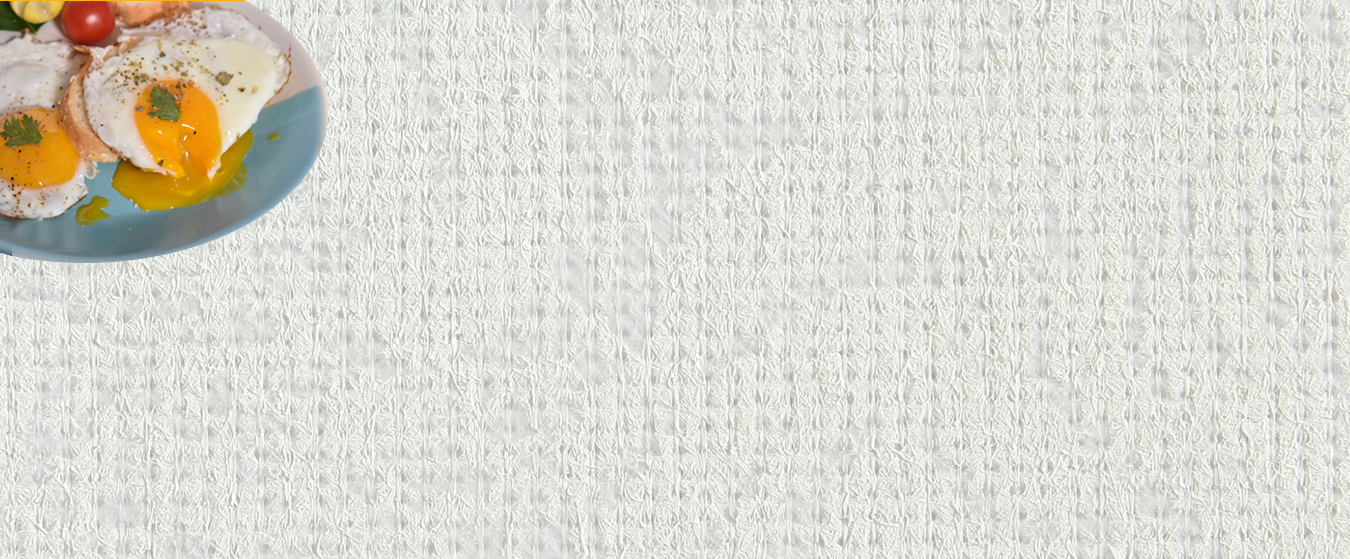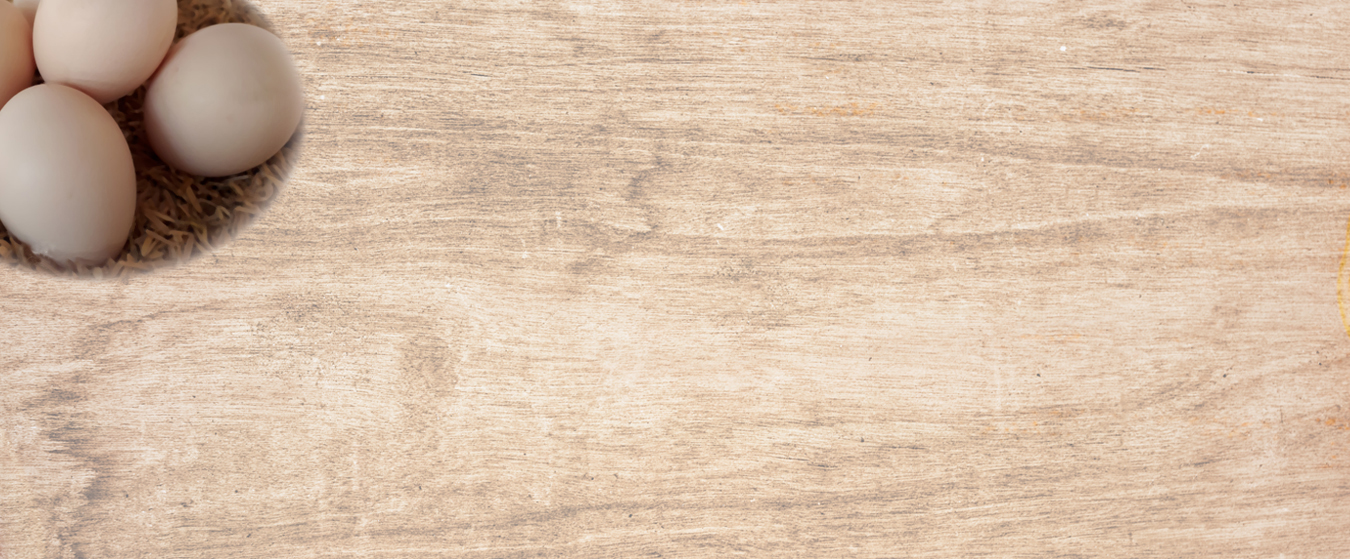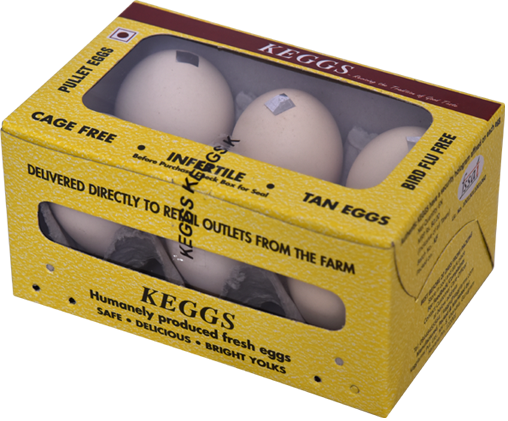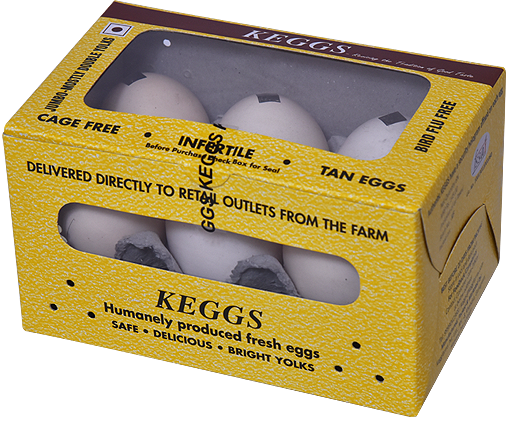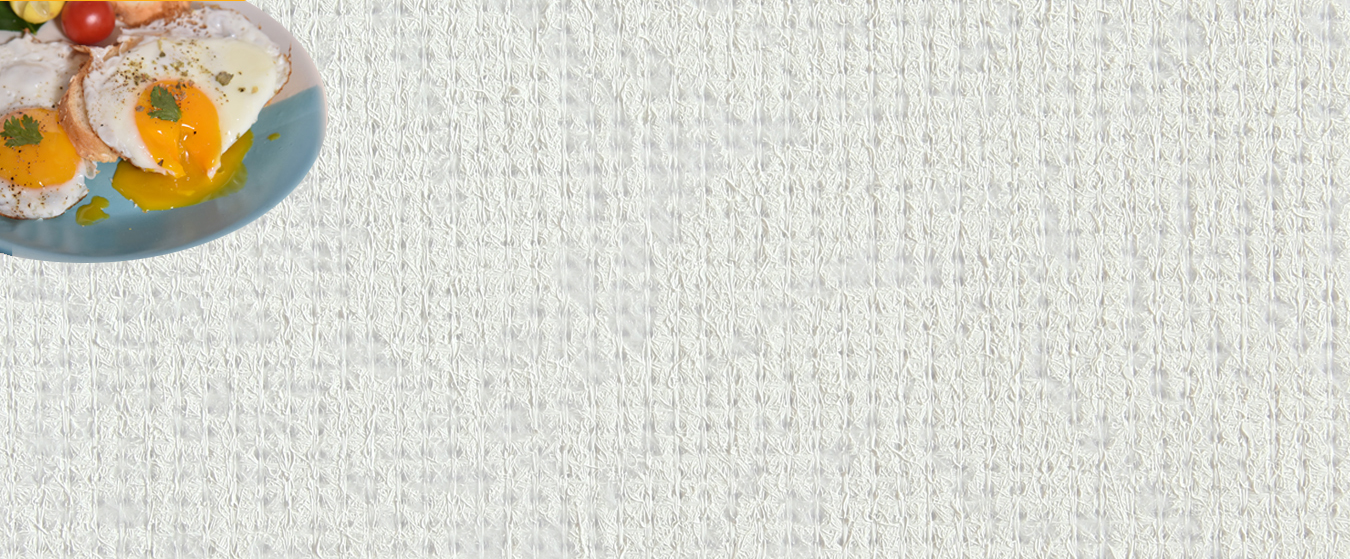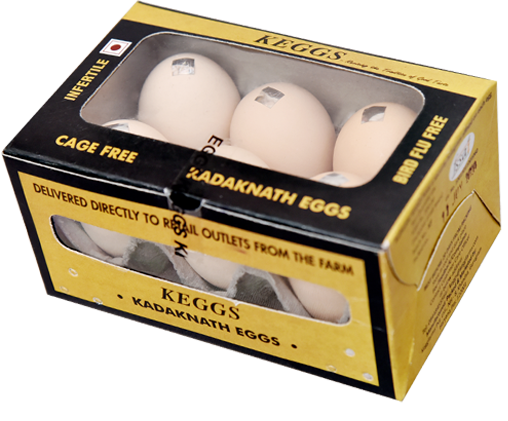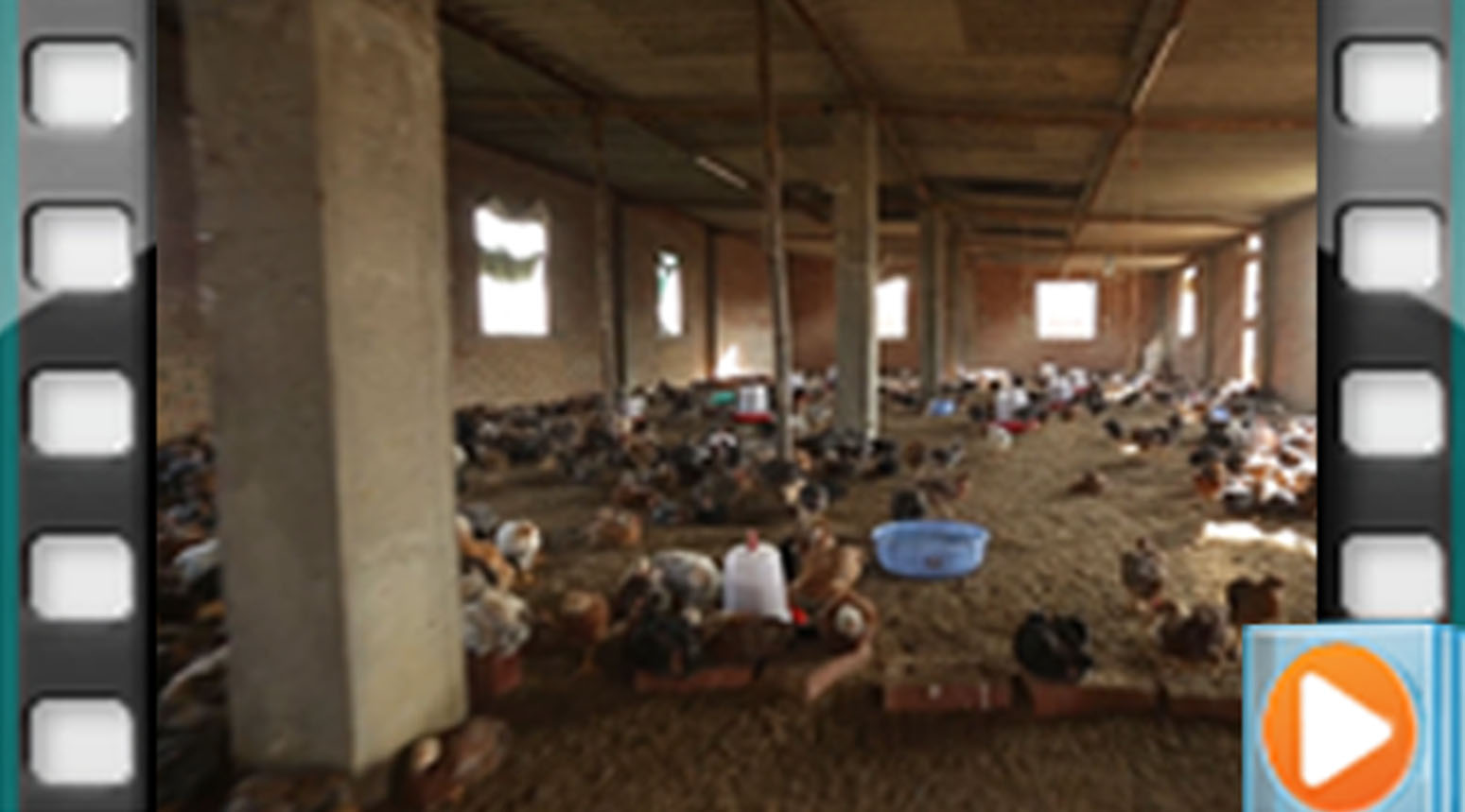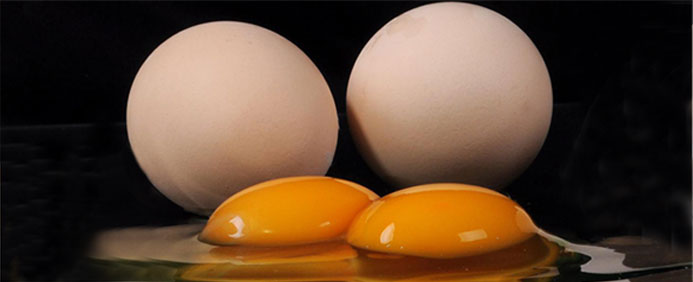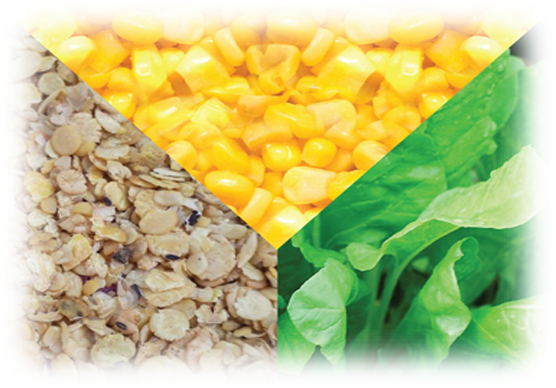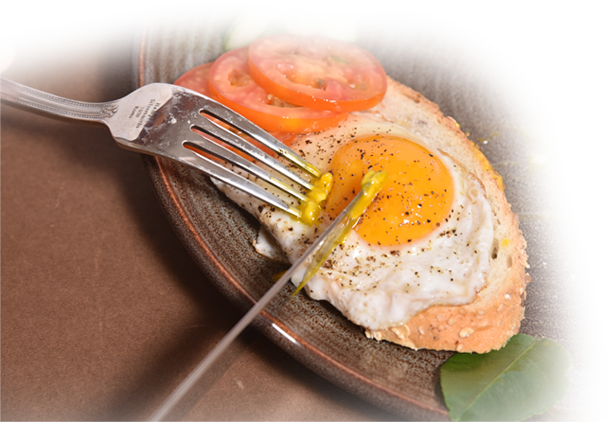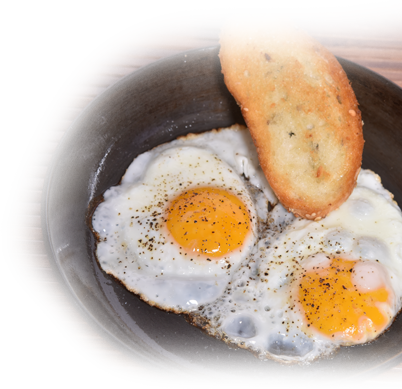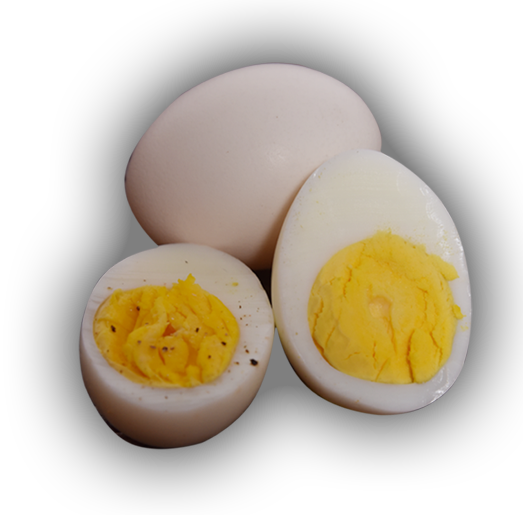Caged Eggs : Caged Eggs are produced from Birds kept in Battery cages and is the predominant form of housing for laying hens worldwide. On average, each caged laying hen is afforded less space than a single sheet of A4 sized paper to live her entire life. Unable even to spread their wings, caged laying hens are among the most intensively confined animals in agri business. Densely populated birds are forced to live in a in-humane and often unhygenic environment to save feed, manpower, and electricity costs.
Caged hens also suffer from the denial of many natural behaviors such as nesting, perching, and dustbathing, all important for hen welfare.
Cage-free Eggs : Cage-free Eggs are produced from Cage-free hens who are cared-for, in an ethical manner and housed humanely on deep litter. No cages are used and management of the bird’s environment takes into account behavioural requirements and provides for sufficient free movement, fresh air and natural daylight according to the needs of the birds. The hens are free to move and socially interact within the enclosure. Perching arrangements are provided for the birds to rest. Earthern nests are provided for birds to lay their eggs in a secure and private domain.
Free Range Eggs : Free-range eggs are eggs produced from birds that may be permitted outdoors. They have lot of free space, lot of fresh air and area for playing. They may travel in and out of the shed at free will. The chances of viral & bacterial disease is more in free range, since they can come in contact with wild birds & other animals.
